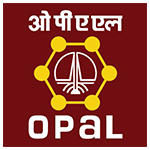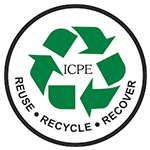Rethinking Plastic: Outlook Brings Together The Experts For The Road Ahead
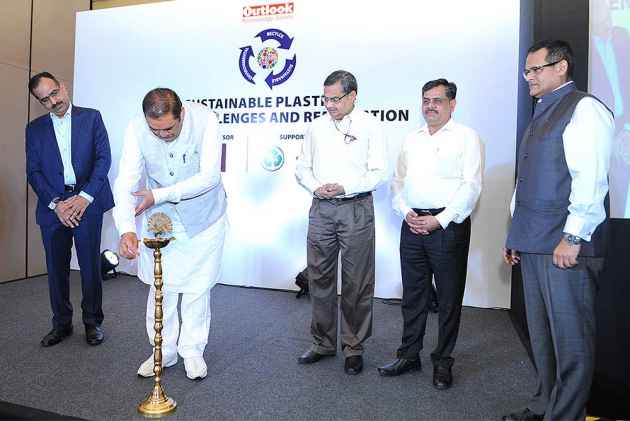
PHOTOGRAPH BY JITENDER GUPTA
On May 18, the corner hall of the The Grand hotel, situated amidst the gentler folds of the Aravalis in the city, behind two of South Delhi's massive shopping malls, played host to a symposium on probably the most abundant and the least thought of materials in the modern world—plastic. The event was an initiative of the Outlook group's 'knowledge series' and played host to a diverse group of people from all over the country: experts in the field, government leaders and agencies and various other stakeholders.
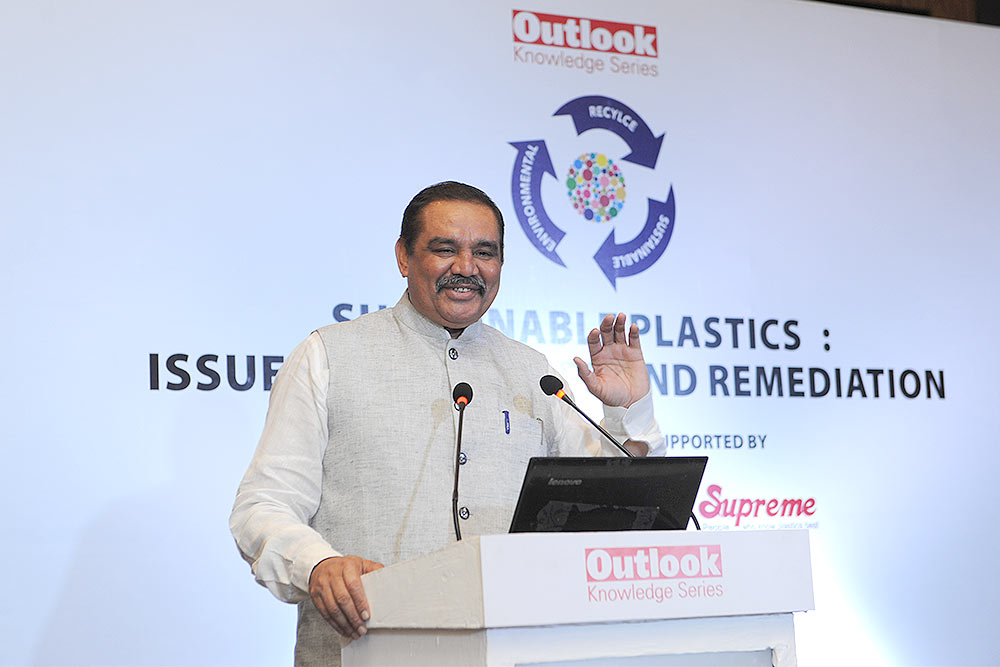
For those wondering why Outlook, a media group, was interested in getting people together to talk about something like plastic, sample this: India produces 25,000 tonnes of plastic waste per day. That's more than a 1,000 tonnes of plastic thrown away in an hour! We are in the midst of a global crisis and cannot afford to ignore issues around plastic any longer. Maybe that's why the theme for the world environment day (June 5) this year is 'beat plastic pollution' and India is its global host. Even eco-social publication National Geographic has the plastic crisis on its cover, with the ominous words "Planet or Plastic?" written on it.
The symposium was inaugurated by Vijay Sampla, Minister of State for Social Justice and Empowerment and the key note address was given by P. Raghavendra Rao, secretary, Department of Chemicals and Petrochemicals, Ministry of Chemicals and Fertilizers. While Sampla talked about his own experience with recycling waste, Rao gave the necessary perspective on the Indian plastic industry, a point further elaborated by MD of ONGC Petro Additions Limited.
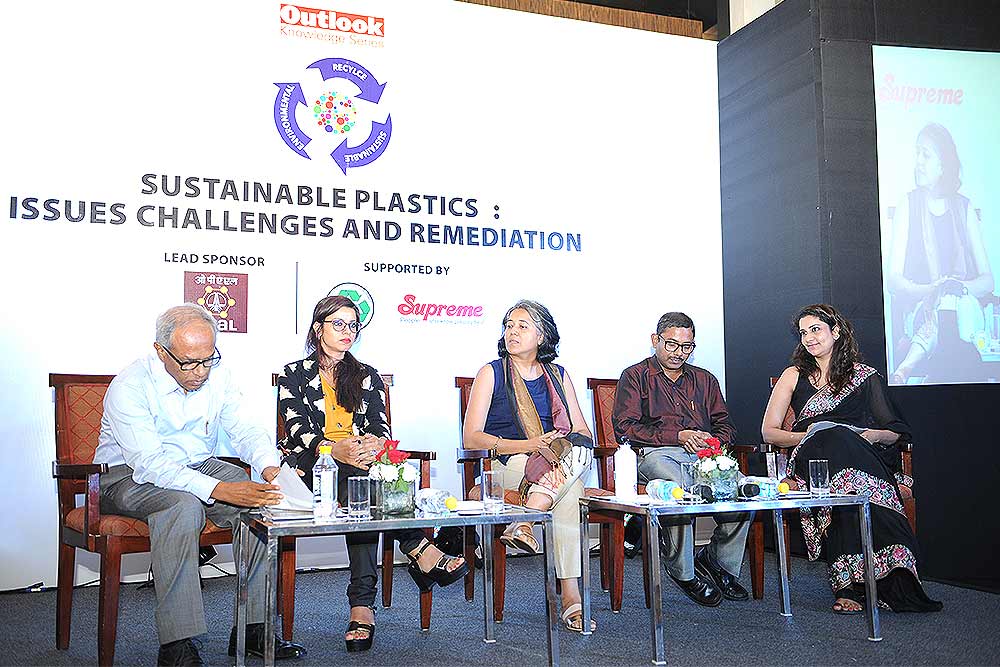
An insightful part of the event was the address by Padma Shree awardee Rajagopalan Vasudevan, dean of the Thiagaraj College of Engineering, Madurai. Vasudevan has been successful in providing an important solution to the country's plastic woes—by using plastic waste in the construction of roads. He mentioned the advantages his 'polymer blended bitumen roads' have over other roads which are more durable in comparison to other roads and also water resistant. Vasudevan's ideation in the lab started as an independent, solution-based program and has, over the years, caught the government's eye.
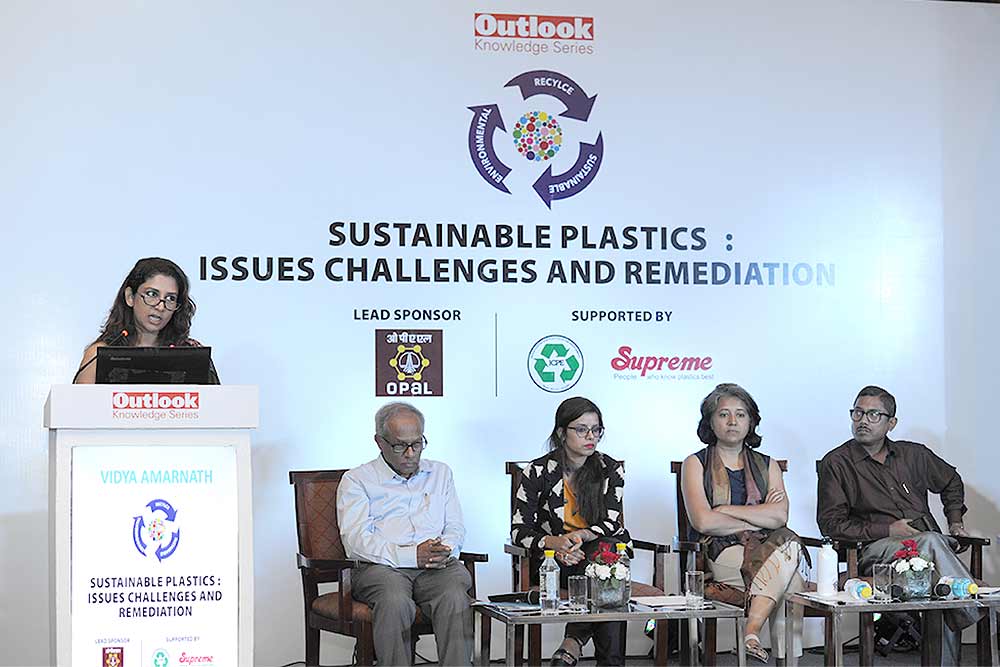
Unlike the general attitude around ecologically hazardous material, which seeks to blame the cause itself, other speakers were careful not to simply villainise plastic. Haren Sanghvi of the Environment Committee AIPMA (All India Plastic Manufacturers' Association) talked about the "super-capabilities" of plastic mentioning how, if we look at the large picture, other alternatives, such as glass, tin, jute; could be more hazardous to manufacture.
An indispensable part of the debate was the pragmatic substitutes to plastic—bio-plastics. Dr Abdul Kader, a scientist with CIPET (Central Institute of Plastics Engineering and Technology), Chennai, gave a peek into the world of bio-polymers, which are made from natural resources.
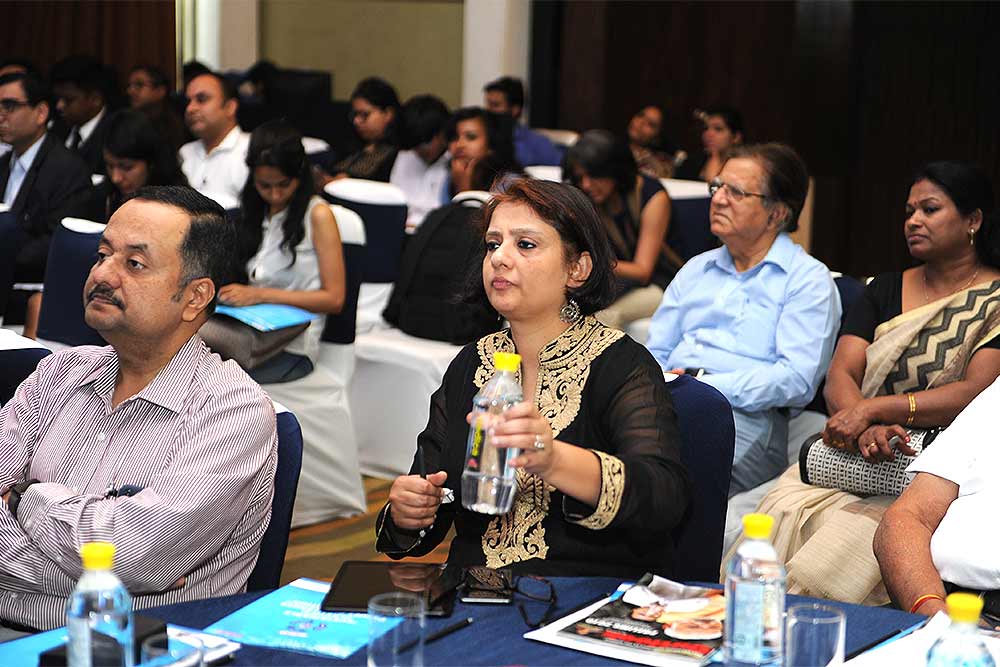
Finally, the gathering benefitted from the discussion around plastic sustainability by a panel of experts from different fields. Chaired by S.K. Ray, honorary secretary of ICPE (Indian Centre for Plastic in the Environment), the panel included social entrepreneur Vijay Amarnath, whose Paterson Energy is treating plastic waste and converting it into fuel; Divya Tiwary, CEO, Saahas, an NGO involved in waste management; Dr Mahua Saha, a senior scientist with the National Institute of Oceanograph and Dr Sunil Kumar from NEERI.

